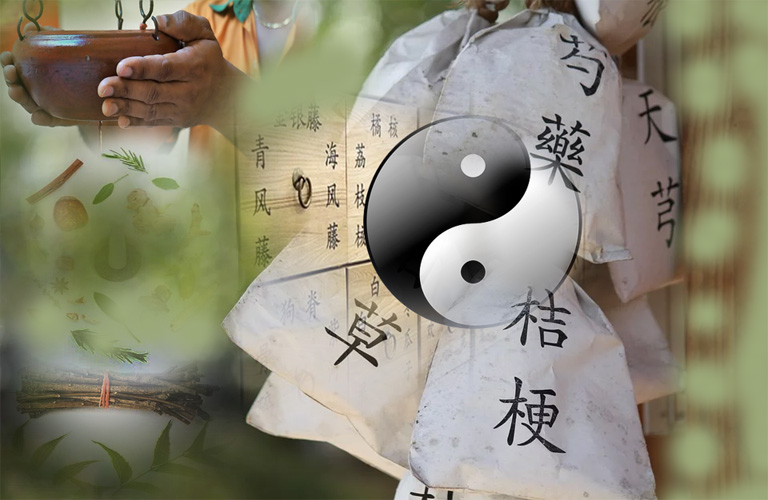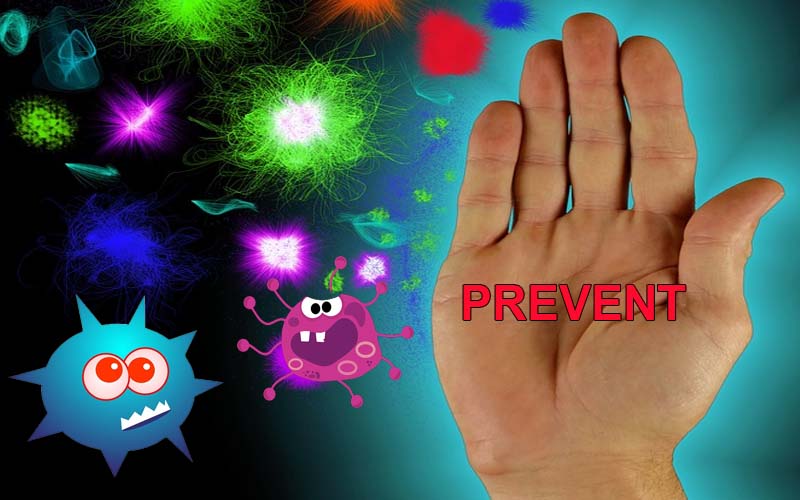What You Should Know
All medications have risks and benefits. When choosing a particular medication, work with your health care provider to balance the risks and benefits of the medication to your own personal health.
Apply critical thinking skills to medication ads and information, recognizing them for what they are, and use special caution when taking recently approved medications.
Even the most extensive studies involve just a few thousand people.
Side effects and risks that did not show up in studies and preapproval trials on new drugs often become apparent when more people begin taking a drug.
Consumers should be especially alert for adverse effects if they are taking a drug that is new to the market.
Many people equate "newer" with "better", but that is not always the case. In most cases, older medications, which have an established safety record, are just as effective as the newer medications and usually much less expensive.









